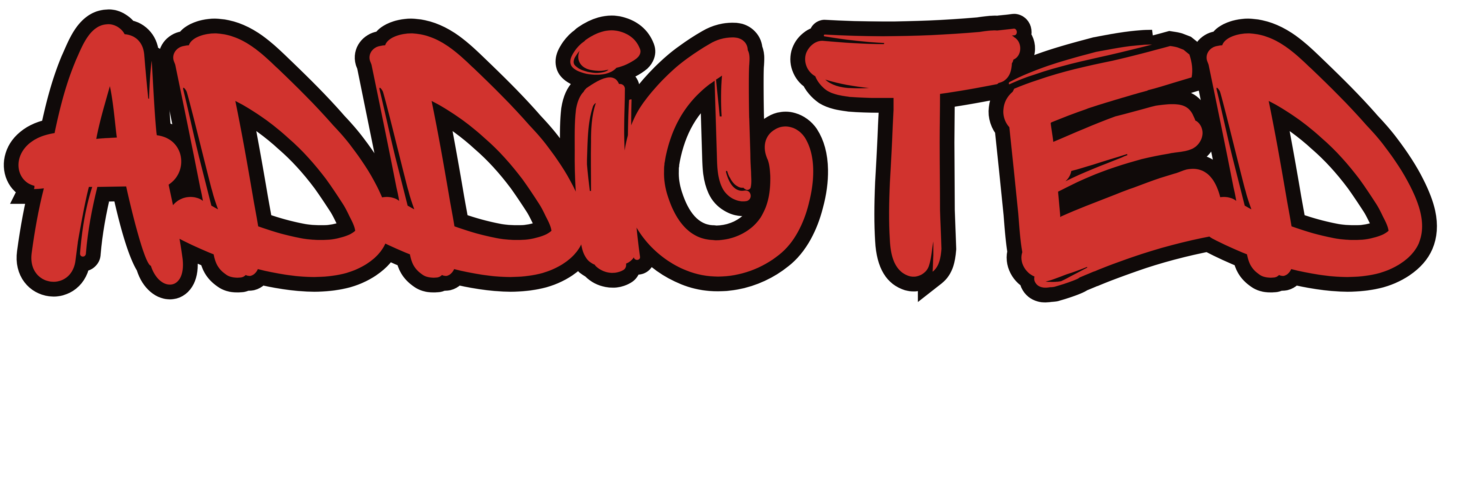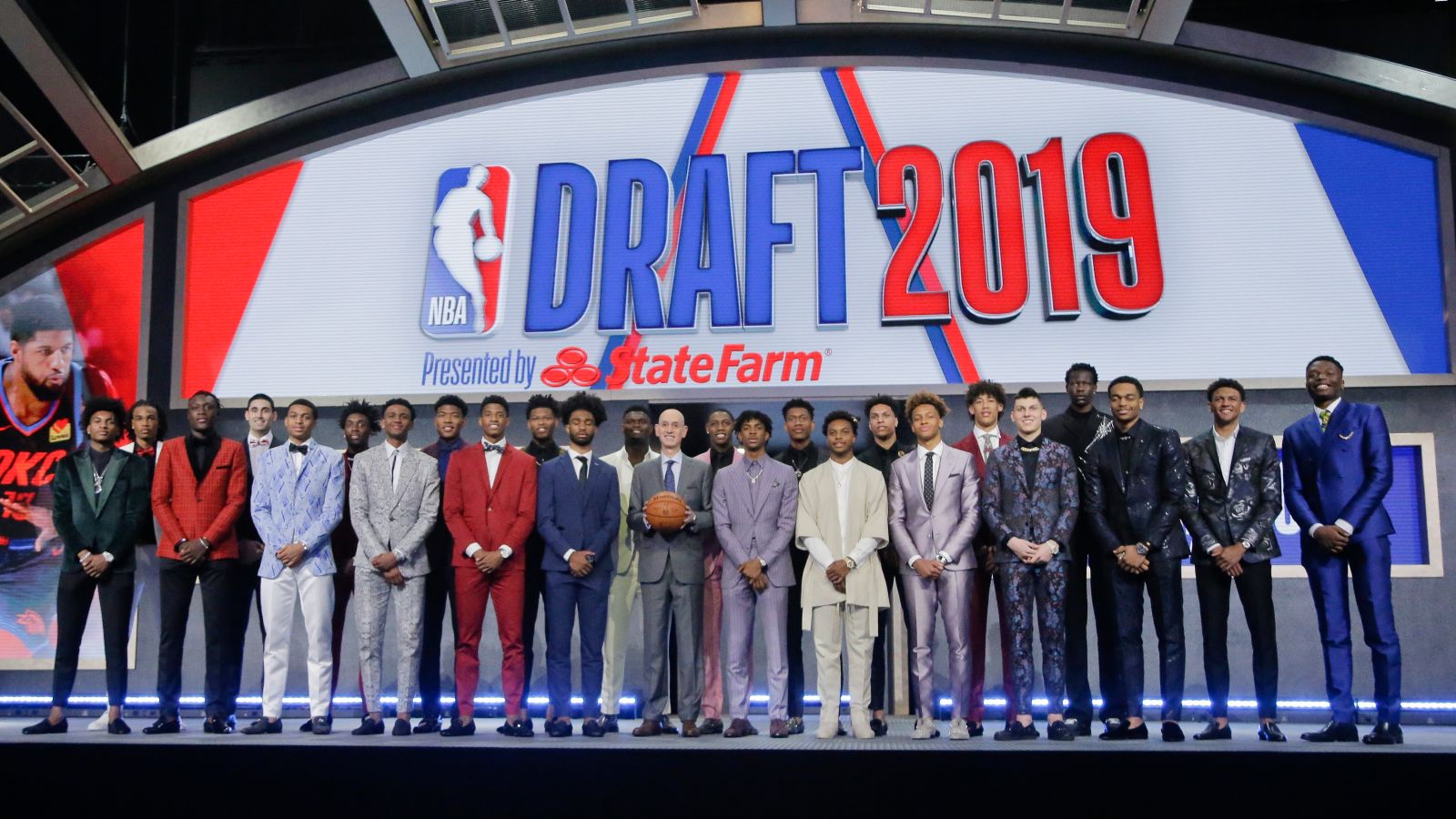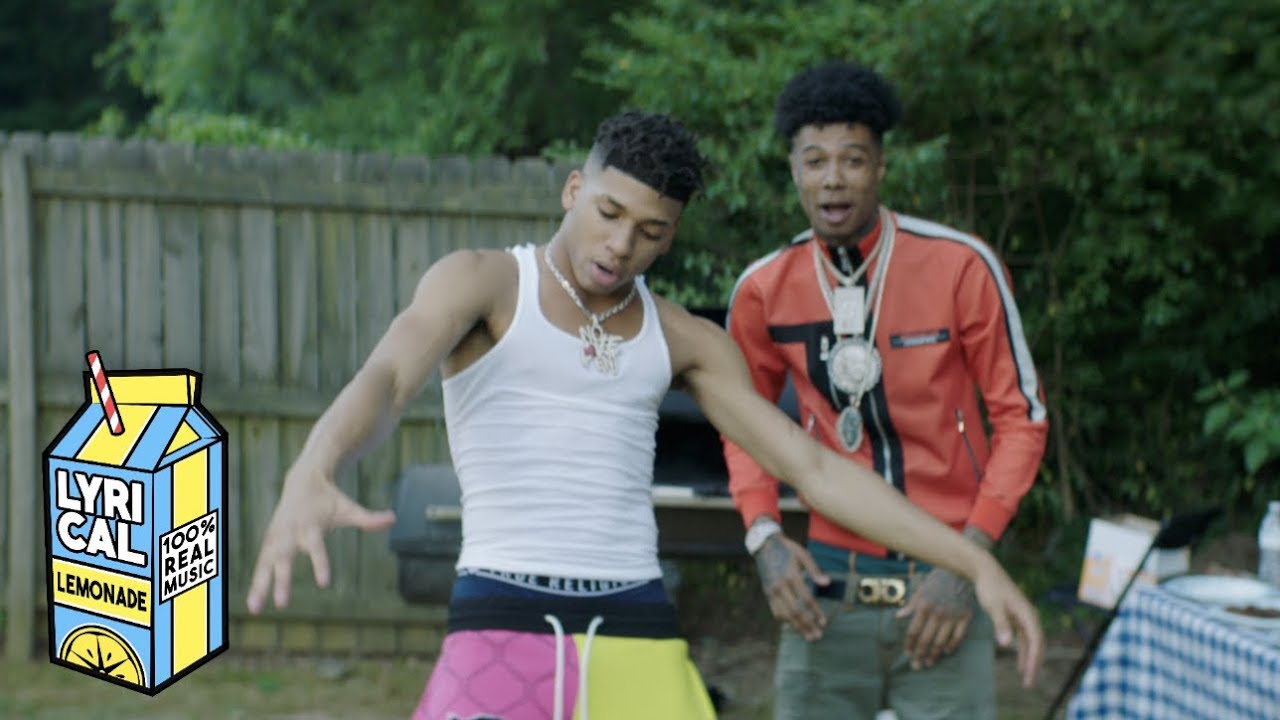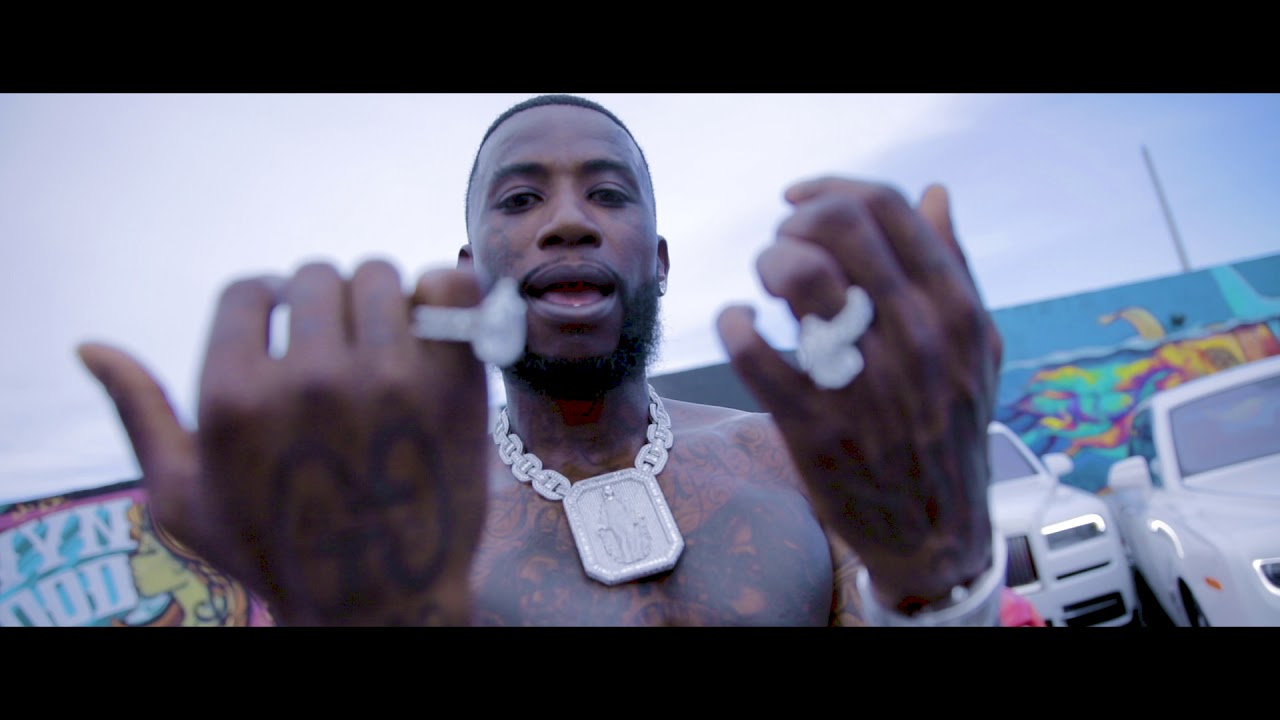Share this
via By Thomas BarrabiPublished June 20, 2019SportsFOXBusiness
NBA commissioner will set the highest standard in sports betting: Boston Celtics co-owner
Boston Celtics co-owner and Bain Capital co-chairman Stephen Pagliuca discusses the gambling atmosphere in the NBA and the standards set by the league’s commissioner Adam Silver from the World Economic Forum in Davos, Switzerland.
Contract termsOpens a New Window. for the likes of Zion WilliamsonOpens a New Window., Ja Morant and other top prospects set to be taken in the 2019 NBA Draft on Thursday have already been largely determined by the league’s rookie pay scale.
Under the NBA’s collective-bargaining agreement, rookie salary is tied to draft position, with highest selections earning the most money. League rules allow first-round picks to sign for as much as 120 percent or as little as 80 percent of the salary the rookie scale dictates, depending on how negotiations unfold, and all first-round picks received guaranteed two-year contracts.
For the 2019 draft class, Williamson, who the New Orleans Pelicans are universally expected to select with the first overall pick, can expect to sign a two-year deal worth $19.98 million, according to Spotrac. That total assumes he receives 120 percent of the base pay allotted to the first overall pick for the 2019-20 NBA season.
The second overall pick, held by the Memphis Grizzlies, is set to earn a maximum of approximately $17.87 million over his first two seasons. The third overall pick, held by the New York Knicks, is on track for about $16 million over the same period.
Pay gradually decreases as the first round progresses. The 30th and last pick in the first round, held by the Milwaukee Bucks, projects to earn a maximum of about $4 million over two years.
While only the first two years of a first-round pick’s contract are guaranteed, NBA teams can exercise options to retain players for a third and fourth season, at a higher pay rate.
Rookie pay for each year’s draft class scales in tandem with any annual increases to the league’s salary cap, meaning that a 3 percent boost to the salary cap would yield a 3 percent boost to rookie contracts.



